Tuesday, 23 April 2024
Menu
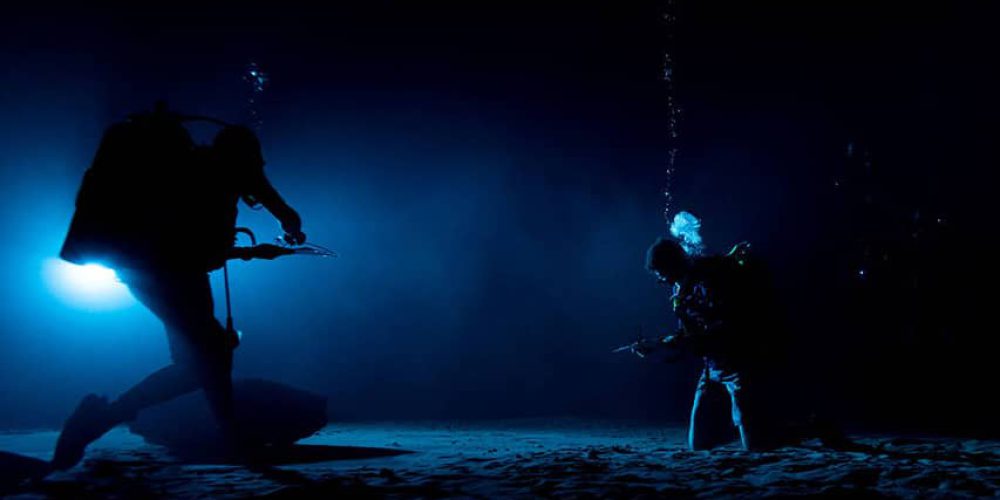
NASA has scheduled the Artemis programme for 2025, at which time the US space agency’s astronauts will travel to the Moon and land on its south pole. Currently, a team of astronauts is preparing for this demanding mission at the Neutral Buoyancy Laboratory in Houston.
In recent days, NASA has published photos of the preparations. They show the astronauts training underwater in the pool of the Neutral Buoyancy Laboratory. These are not the first photos from this location, but what makes them different is that the astronauts are training in total darkness.
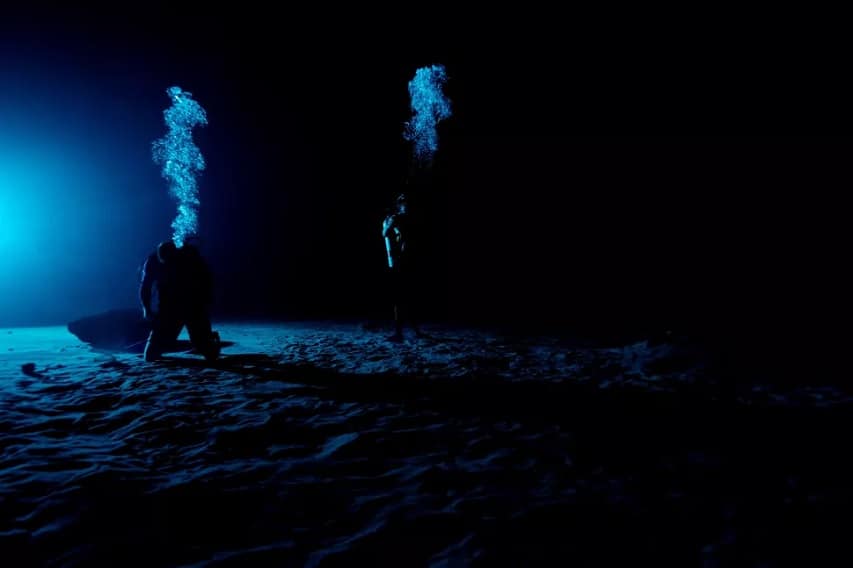
The swimming pool of the specialised centre in Houston has been repeatedly has already been used by NASA astronauts. Operating under water easily and faithfully enough reproduces the conditions of a reduced-gravity environment. This not only allows you to become familiar with the specifics of the movement itself, but also performance of tasksthe astronauts carry out during space programmes.
Turn off the lights – we’re simulating a moon walk! Divers at NASA’s Neutral Buoyancy Laboratory turned off the lights to simulate what an astronaut participating in the Artemis programme might experience at the moon’s south pole: long, dark shadows – was the content of a post that NASA published on the official profile of the Johnson Space Center.
At the Moon’s south pole, the Sun will be no more than a few degrees above the horizon. Such conditions will cause extremely long and dark shadows. In order to prepare astronauts for the demanding lighting conditions, NASA has created a special training programme.
A team of specialists from the Neutral Buoyancy Laboratory prepared a small simulation for this purpose. The idea was to replicate as closely as possible what the astronauts would face. Therefore, at the bottom of the 12-metre-deep pool, they turned off all the lights and installed black curtains on the walls. This minimised reflections and light reflections. Then, a searchlight was installed underwater, whose light allowed simulate itwhat the astronauts will face on the moon.
The Artemis programme is a NASA programme that aims to return astronauts to the moon in 2025. It is the first such initiative since the Apollo programme was closed in 1972. The key difference, however, is where the astronauts will be located. During the Apollo programme, NASA explored locations around the moon’s equator. Meanwhile, the Artemis programme will focus on the South Pole. Scientists predict that due to the permanently shadowed craters there, ice deposits will be found.
Water ice persists on the Moon because low-altitude areas at the Moon’s poles are almost permanently darkened. This means that mission participants will have to cope with working in almost no light at all. This is a significant difference to the spacewalks they know from their stays on the International Space Station. Here, light is plentiful, as the sun rises 16 times a day.
Photo: NASA/Lauren Maples

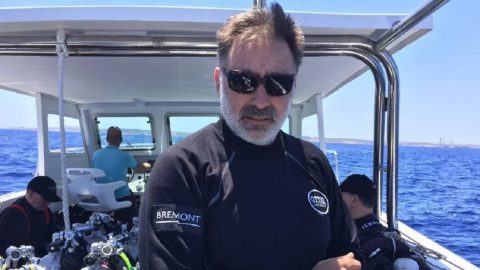
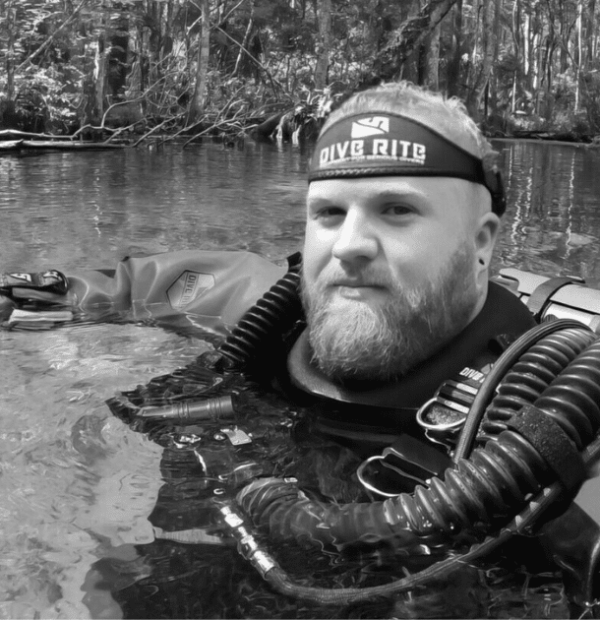

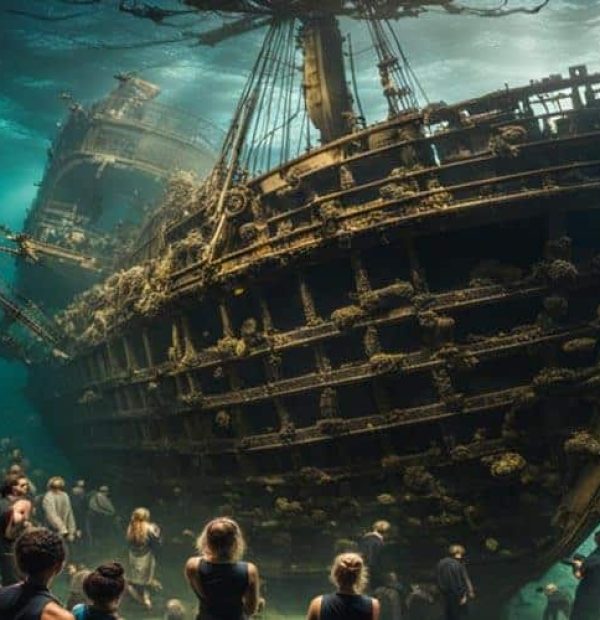
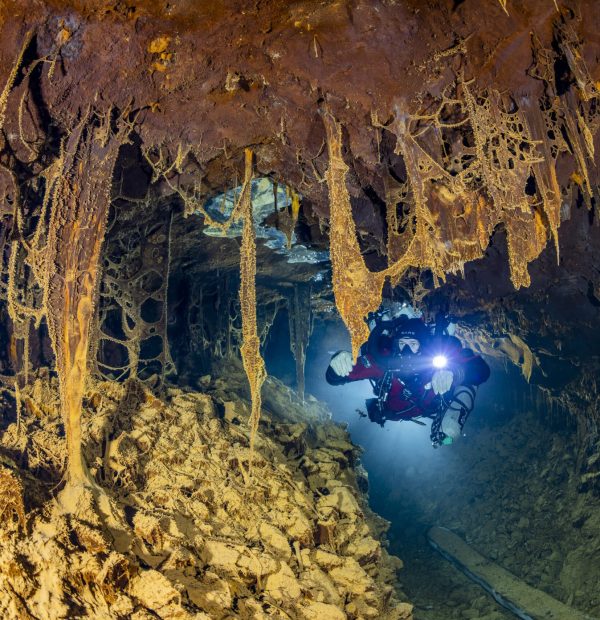
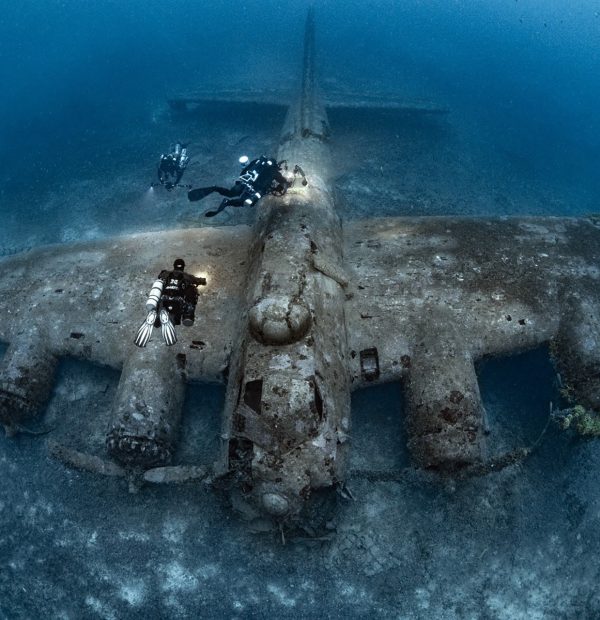
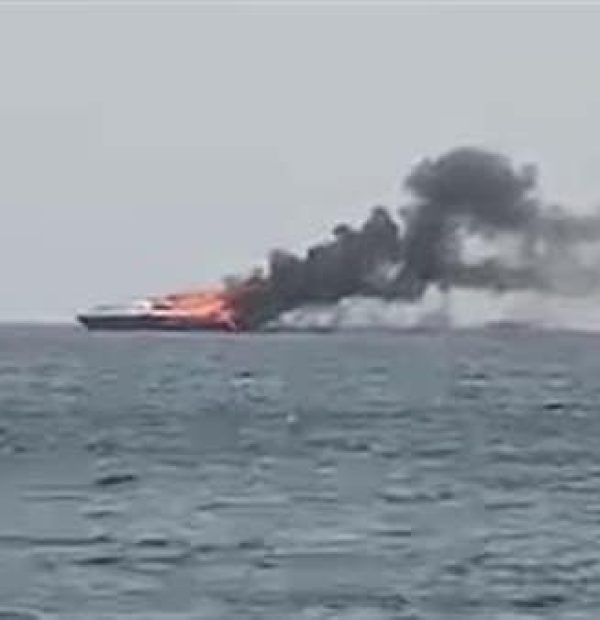
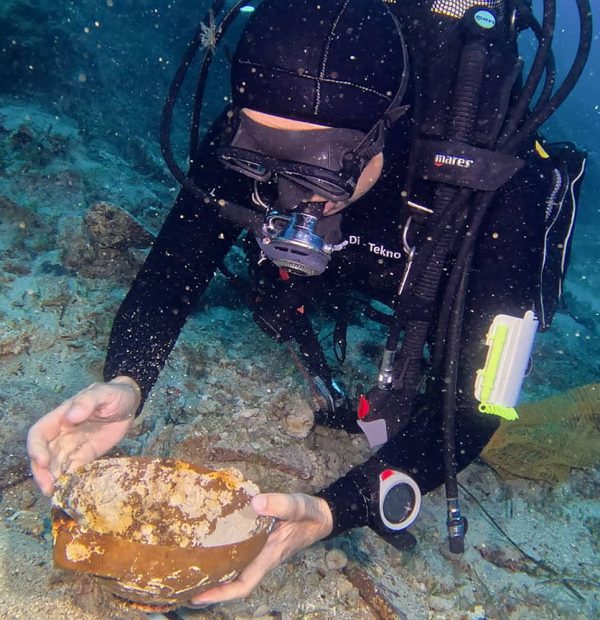

Welcome to DIVERS24.COM, your daily source of scuba news, freediving, scuba diving information, and equipment reviews. Our comprehensive coverage of the dive industry from A to Z provides you with all the latest scuba news, training updates, underwater photography tips, and everything else related to scuba diving. Whether you’re a beginner or an experienced diver looking for more knowledge about scuba gear or techniques – we’ve got it covered! With our in-depth articles written by experienced divers who have been there and done that, you are sure to find exactly what you need here at Divers24.com. Dive into scuba news today!
Underwater Media Sp. z o.o.
Szafarnia 11/F8,
80-755 Gdansk, Poland
Welcome to DIVERS24.COM, your daily source of scuba news, freediving, and scuba diving information. Sign in for a weekly news update and discount coupons for dive gear and apparel.
@2023 - underwatermedia.pl. All Right Reserved. Designed and Developed by Tworzenie stron internetowych Gdansk

The Divers24 portal is currently the largest online medium treating diving in Poland. Since 2010 we have been providing interesting and important information from Poland and around the world on all forms of diving and related activities.
Contact us: info@divers24.com